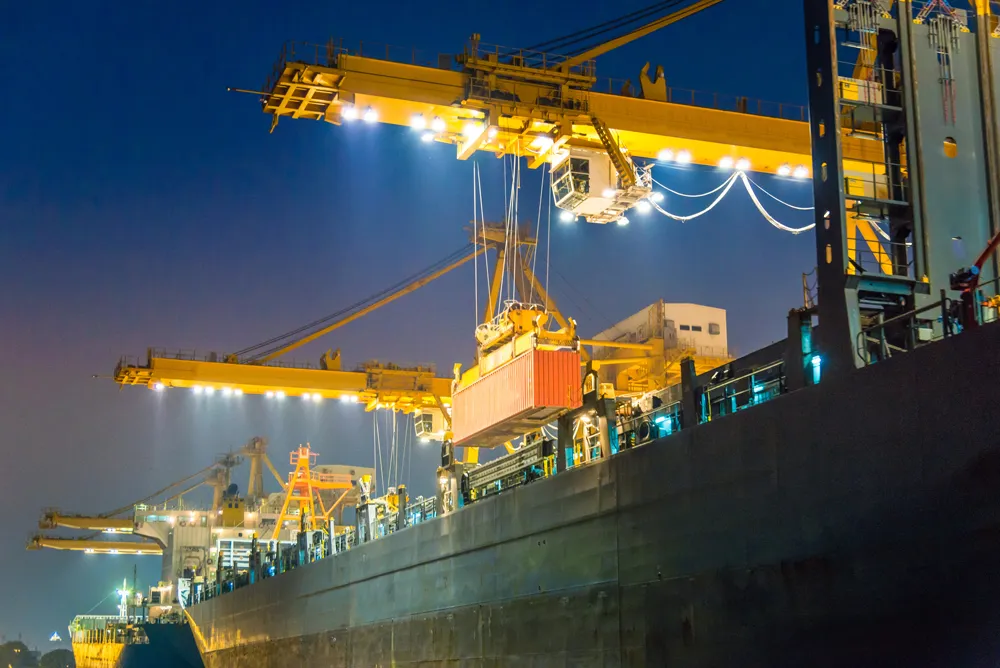The German city of Hamburg and the
For Volkswagen the partnership is another step in its new Together 2025 strategy, for Hamburg it represents an important step in its strategy to develop intelligent transport systems and support its application to host the 2021
In an effort to improve air quality and achieve emissions-free mobility solutions, German urban transport companies Hamburg-Holstein and Hamburger Hochbahn last month reached agreement with the Volkswagen subsidiary MAN on an intensive exchange in the field of electric bus development.
The Volkswagen Group and Hamburg also submitted a successful joint application for the ET-funded ‘mySMARTlife project. Under this project, the Volkswagen Group will among initiate various pilot projects such as mobility sharing concepts, such as micromobility applications, community car and innovative urban logistics concepts in Hamburg’s Bergedorf district.
The German government sees Hamburg as a possible test field for autonomous driving and has launched a funded program for automated and connected driving on digital test fields in Germany. Hamburg and the Volkswagen Group are endeavouring to implement a joint project under this mobility partnership.
Other joint projects will be developed over the coming months.
Hamburg and Volkswagen agree strategic mobility partnership
The German city of Hamburg and the Volkswagen Group are to collaborate over the next three years to jointly develop innovative solutions for making urban mobility more environmentally-friendly, safer, more reliable and more efficient. For Volkswagen the partnership is another step in its new Together 2025 strategy, for Hamburg it represents an important step in its strategy to develop intelligent transport systems and support its application to host the 2021 ITS World Congress.
August 30, 2016
Read time: 2 mins









